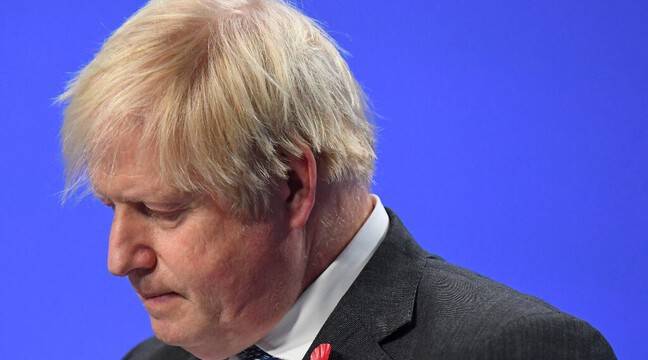Exclusive: Survey of Britons on continent shows ‘deep transformations’, shame and disappointment
The first major study since Brexit of UK citizens living in the EU has revealed its profound impact on their lives, with many expressing serious concerns over their loss of free movement and voting rights – and a very different perception of Britain.
The survey, of 1,328 British nationals across the continent, showed that if “the public narrative suggests Brexit is done and dusted, it has brought deep transformations to the lives of British citizens in the EU and EEA”, the study’s co-lead, Michaela Benson, said.
“The long tail of Brexit is evident in its continuing impacts both on the way they live their lives, and in its lasting significance for their sense of identity and belonging,” said Benson, a sociology professor at Lancaster University.
The survey, conducted between December 2021 and January 2022, a year after the end of the Brexit transition period, and part of a wider project by Lancaster and Birmingham universities, found 59% of respondents had lived in their country of residence for at least five years and most intended to stay.
But many were angered by their loss of free movement, meaning they can no longer move within the EU for work, or retire to another EU country, and especially worried about being unable to return to the UK with non-British family members in future.
Asked whether their past or future migration plans had been affected by Brexit, 27% of respondents said it had affected them a great deal, and 14% a lot. “Where does one even start?” was the response of one British citizen living in Belgium. “Loss of rights like freedom of movement around the EU and to the UK. With a wife who is an EU citizen, I had to decide whether to move to the relevant EU country or stay in the UK. Family now cannot move back to Britain. Uncertainty.”
Another said: “I moved to France in 2020 in order to protect my right to live and work in France post-Brexit. My migration is 100% a result of Brexit.”
Brexit, and the British government’s handling of the Covid pandemic, strongly affected 80% of respondents’ feelings towards the UK, with responses including “deep shame”, “disappointment”, “a shit show”, “embarrassed to be British”, “shambolic”, and “like watching a house on fire”.
Just over 30% still felt very or extremely emotionally attached to the UK, compared with 75% who said they felt a very or extreme emotional attachment to the EU, and 59% who felt the same in relation to their country of residence.
“For me, one of the most interesting things the survey reveals is this sense of disappointment, shame and anguish over Brexit and the pandemic – and a really quite pronounced expression of European identity,” Benson said.
About two-thirds had changed their legal status since 2016, acquiring residency or citizenship. But nearly half did not have the same status – and therefore the same migration and settlement rights – as some or all of their close family members.
This was a major or significant concern for a large majority of respondents, who said it was affecting their own and their children’s work, career and education, or would do so in the future.
“My wife is a Russian citizen,” said one respondent in Italy. “Her right to live and work depend upon my status under the withdrawal agreement. She fears a potential move to another EU country as her residency rights are totally dependent upon mine.”
Those who felt they may want or need to move back to the UK at some stage felt particularly affected, since non-British partners and other family members coming with them would now be subject to UK domestic immigration controls.
“I have a house in England,” said one respondent, who has lived in the Netherlands for 10 years. “I was going to retire there. It’s now being sold. My wife is Dutch. I do not think she could even relocate back to the UK – despite joint ownership of a house, having lived there for 15 years, being fluent in English and having two dual-nationality kids.”
The loss of EU voting rights was also a big concern, with 46% saying they could no longer vote in European elections or, in most cases, local elections in their country of residence. Roughly 42% were also unable to vote in the UK because they had lived abroad for more than 15 years, although this is expected to change.
… we have a small favour to ask. Millions are turning to the Guardian for open, independent, quality news every day, and readers in 180 countries around the world now support us financially.
We believe everyone deserves access to information that’s grounded in science and truth, and analysis rooted in authority and integrity. That’s why we made a different choice: to keep our reporting open for all readers, regardless of where they live or what they can afford to pay. This means more people can be better informed, united, and inspired to take meaningful action.
In these perilous times, a truth-seeking global news organisation like the Guardian is essential. We have no shareholders or billionaire owner, meaning our journalism is free from commercial and political influence – this makes us different. When it’s never been more important, our independence allows us to fearlessly investigate, challenge and expose those in power.
Originally posted on: ‘Embarrassed to be British’: Brexit study reveals impact on UK citizens in EU







No comments:
Post a Comment